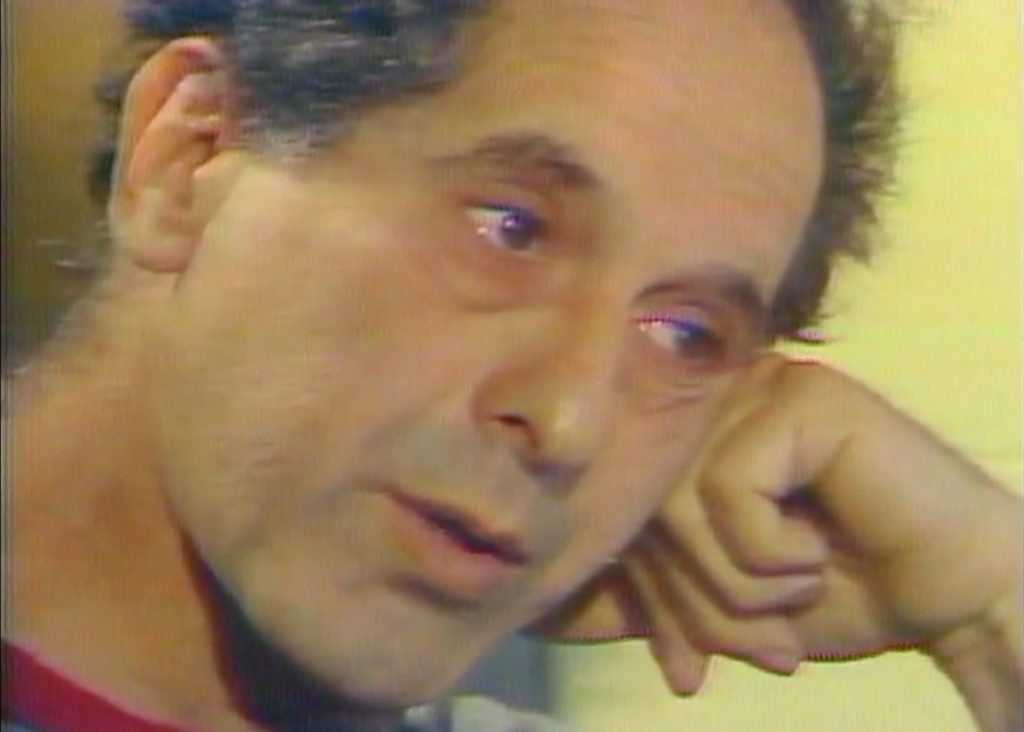Influential photographer and filmmaker Robert Frank died in Inverness, Nova Scotia, on Monday, multiple media sources report.
Frank, best known for his 1958 book The Americans, was born in Switzerland and lived in New York before moving to Mabou in Cape Breton for at least part of every year since the 1970s.
A 1977 CBC TV interview with Frank at his home in Mabou pictures him with his foot resting on a wood stove, lighting cigarette after cigarette, the sea and hills stretching out the window beyond him.
“You pay your dues living in New York,” Frank told the CBC interviewer. “You pay them. So I thought maybe I’ve paid enough. I want to get out.”
During the interview, Frank stated that he didn’t want to die in New York, and that “it’s interesting because I think people here [in Cape Breton], when you come here, that’s one thing they expect of you—is to die here.”
“It’s very clear,” Frank continued. “And I mean that in a good way. In New York, nobody gives a shit whether you die there—whatever. You are there. And you are there to be either dismissed or recognized, make it or not make it.”
Frank came to Nova Scotia soon after a somewhat tumultuous episode of trying to make a film about and with the Rolling Stones. Through court action, the band prevented or delayed the 1972 film, Cocksucker Blues, from being widely released—likely due to scenes of sex and drug use in the film. The agreement was that Frank could screen the film only about four times a year, and had to be personally present at those screenings.
“I came here not so much to change my professional [life] but to change my personal life,” Frank tells the CBC. “[To] get another outlook, to turn around a corner.”
“I think it worked in some way at changing my head inside,” Frank said. “You become calmer; I think you become a better person staying away from a city like New York for a while.”
Frank did, however, continue to return to New York to make work. Asked if he was worried about “vegetating” in Cape Breton, Frank agreed somewhat: “I think that’s the problem here for me. I feel my filmmaking really depends on other people, and here there is nobody, so I stopped working, practically. I never did any work filming here except for that one film on Margaree Island…I’ll have to go away and work if I want to make a film.”
The Cape Breton Post points out that one of Frank’s films, 1988’s Candy Mountain, made with Rudy Wurlitzer, does tell the tale of a musician whose path parallels Frank’s from New York to Nova Scotia.
One of Frank’s most famous photographs after The Americans, 1978’s Sick of Goodby’s, was made in Mabou after his daughter died.
Frank also taught a film course at NSCAD in the 1970s, though he said in a 1974 letter to Kazuhiko Motomura that the film he made with eight students there in 1972 and 1973, like Cocksucker Blues, “got made for economic reasons, it means I got paid for making them.” (The letter appears in 1986’s New York to Nova Scotia, published to accompany an exhibition of the same name at the Museum of Fine Arts in Houston.)
The film made at NSCAD with the students, called This Film is about, was screened in 2014 at “Robert Frank: Books, Films, 1947-2014,” an exhibition at NSCAD’s Anna Leonowens Gallery. In 2015, Frank was also given an honorary degree from NSCAD.
Frank is survived by his second wife, June Leaf, an artist who continues to work between New York and Nova Scotia.

 Robert Frank during a 1977 CBC TV interview at his home in Mabou, Cape Breton, Nova Scotia.
Robert Frank during a 1977 CBC TV interview at his home in Mabou, Cape Breton, Nova Scotia.




